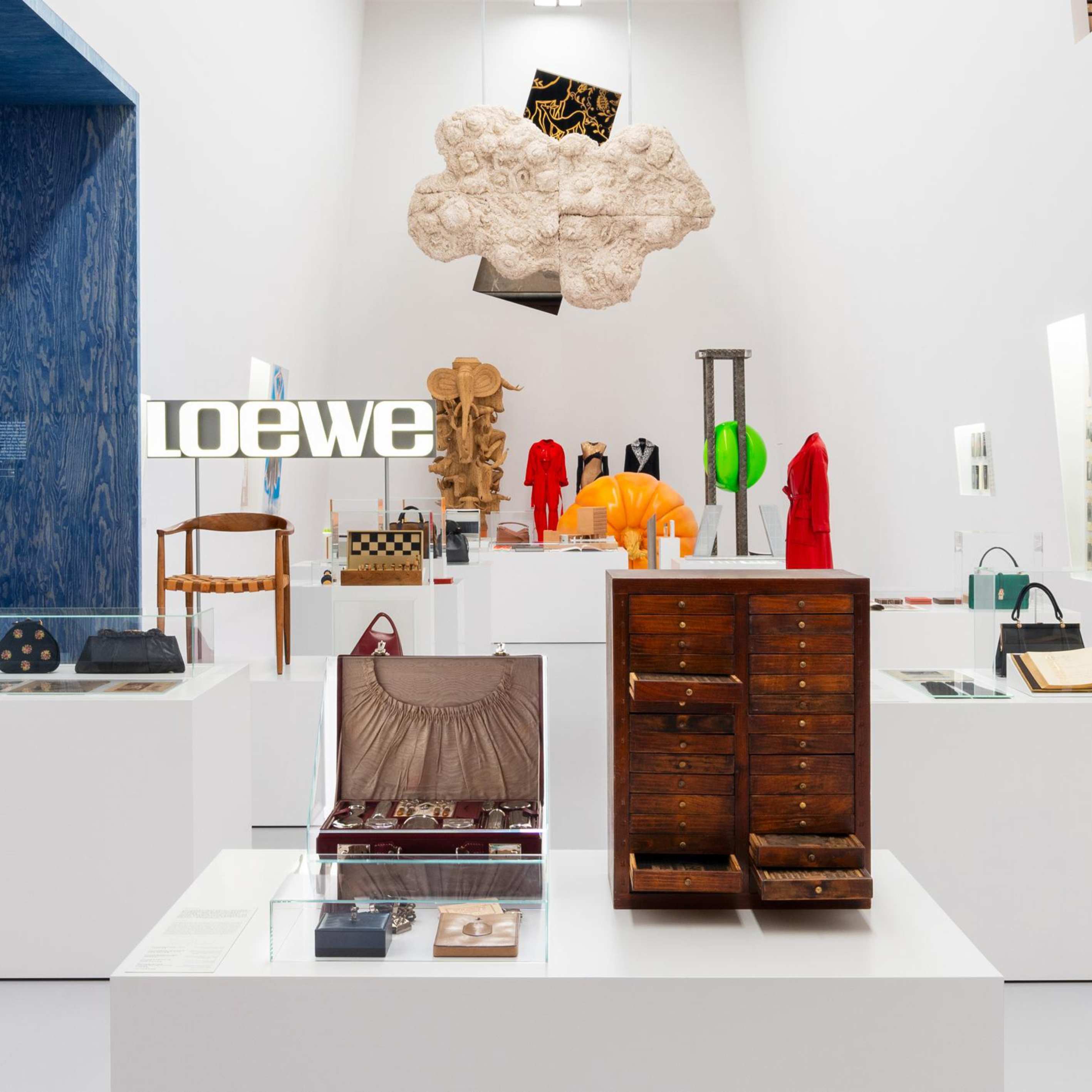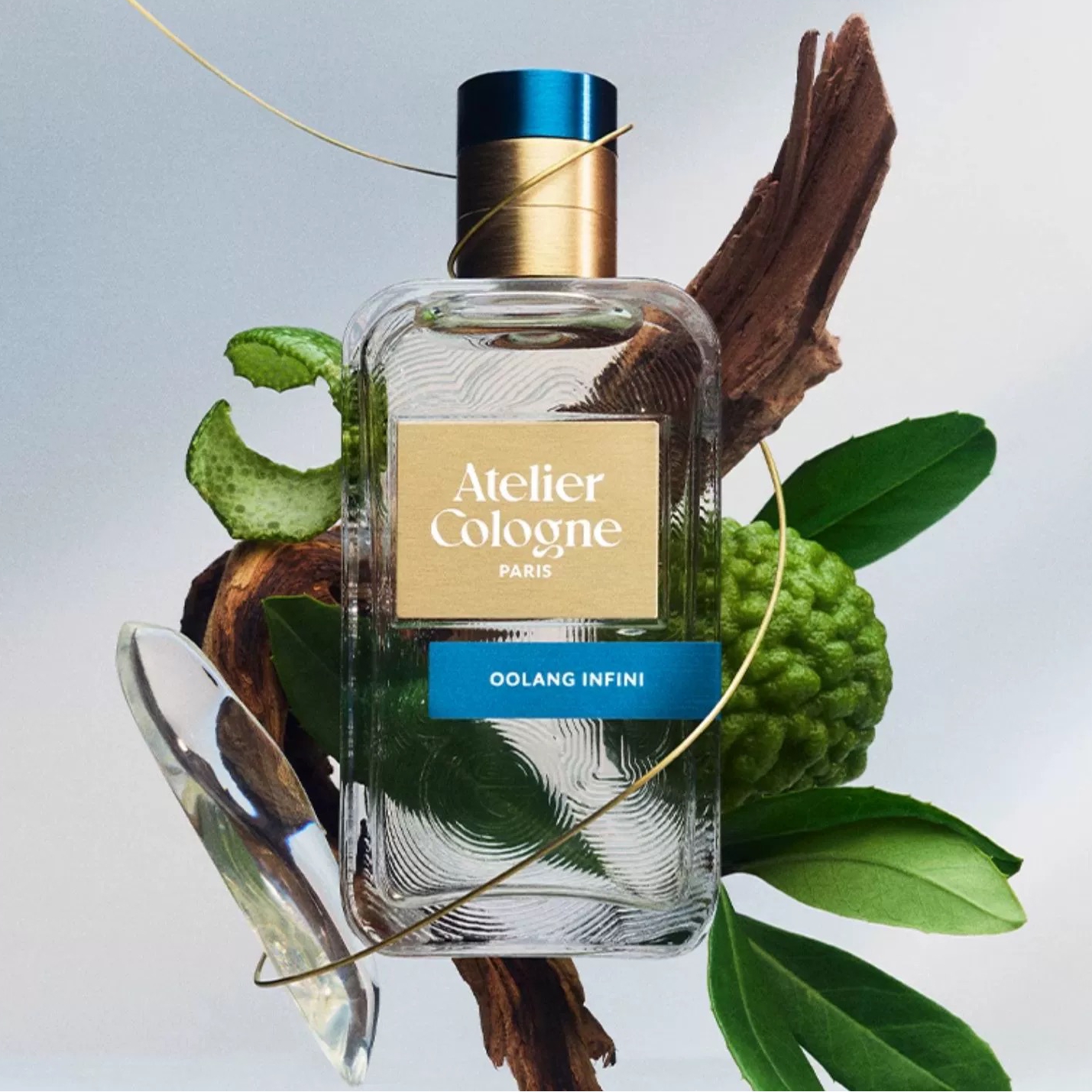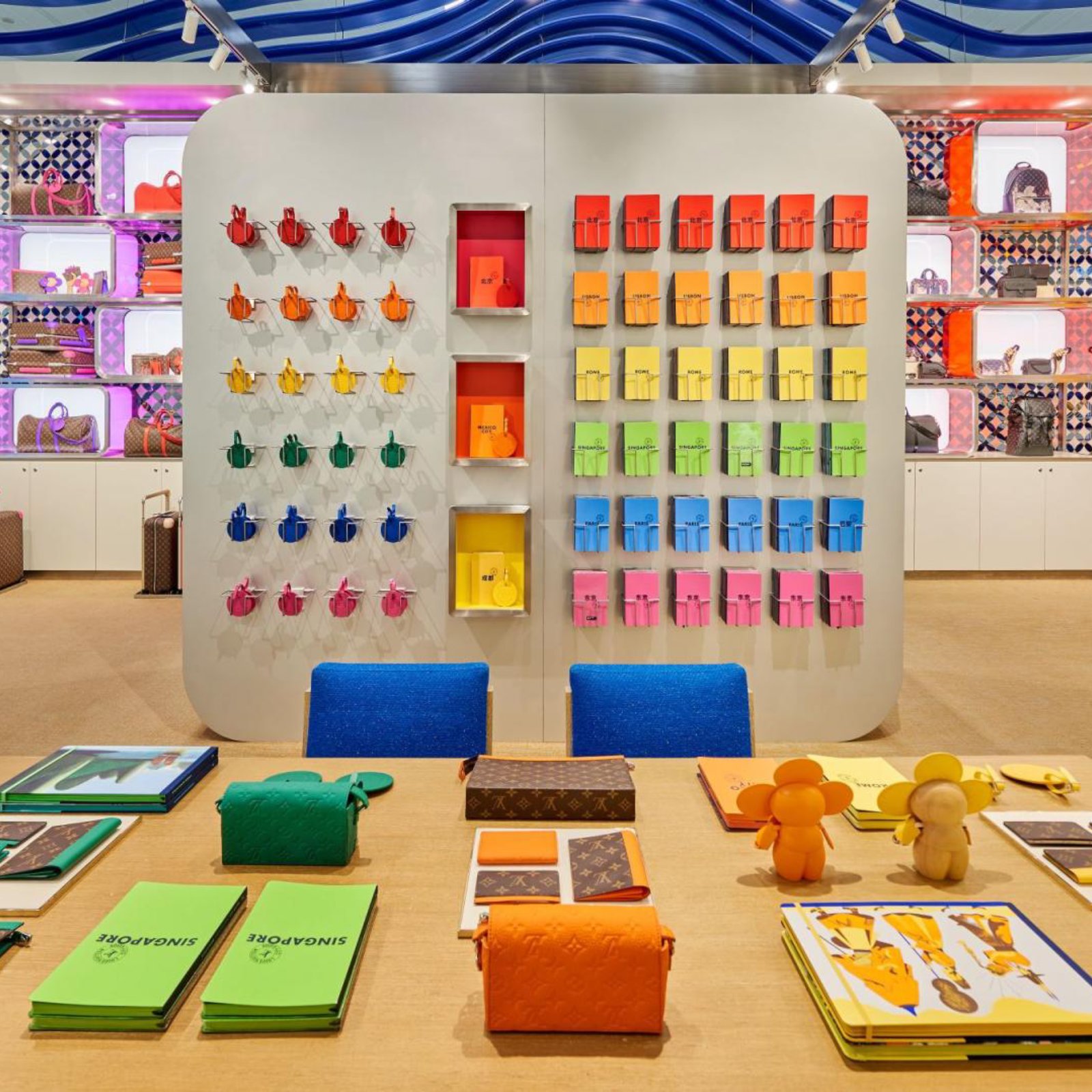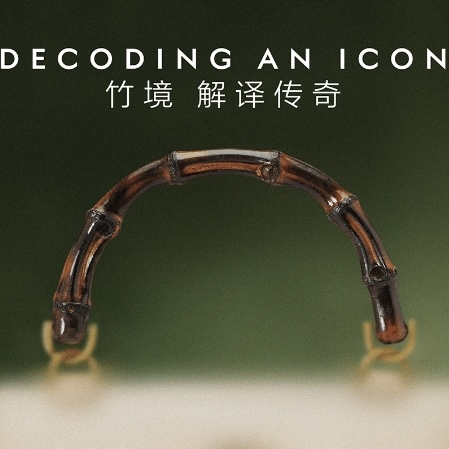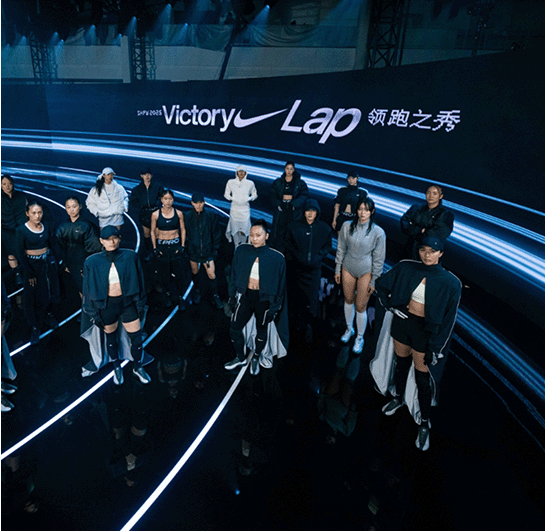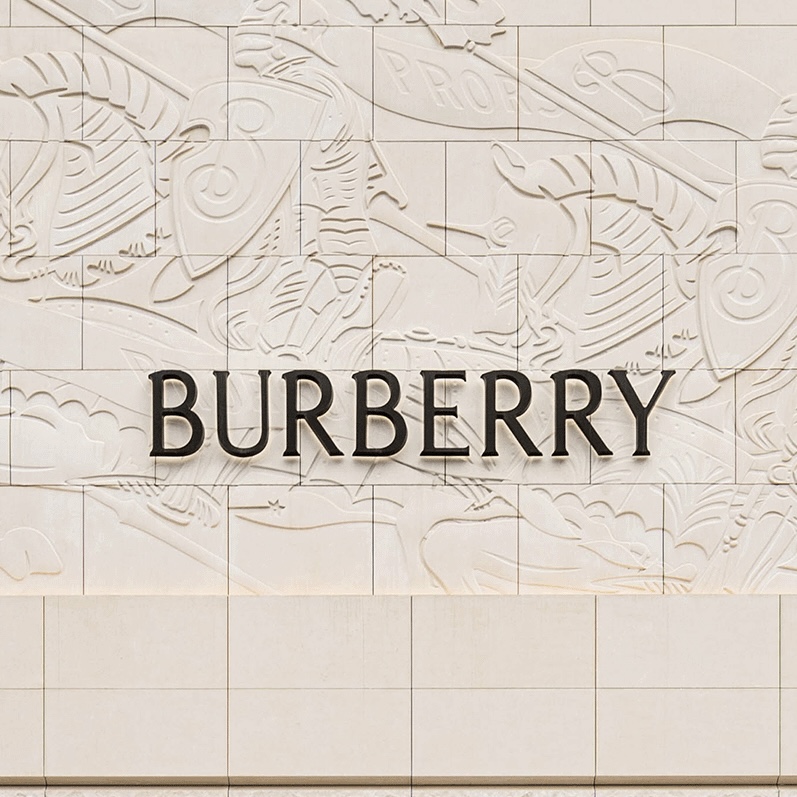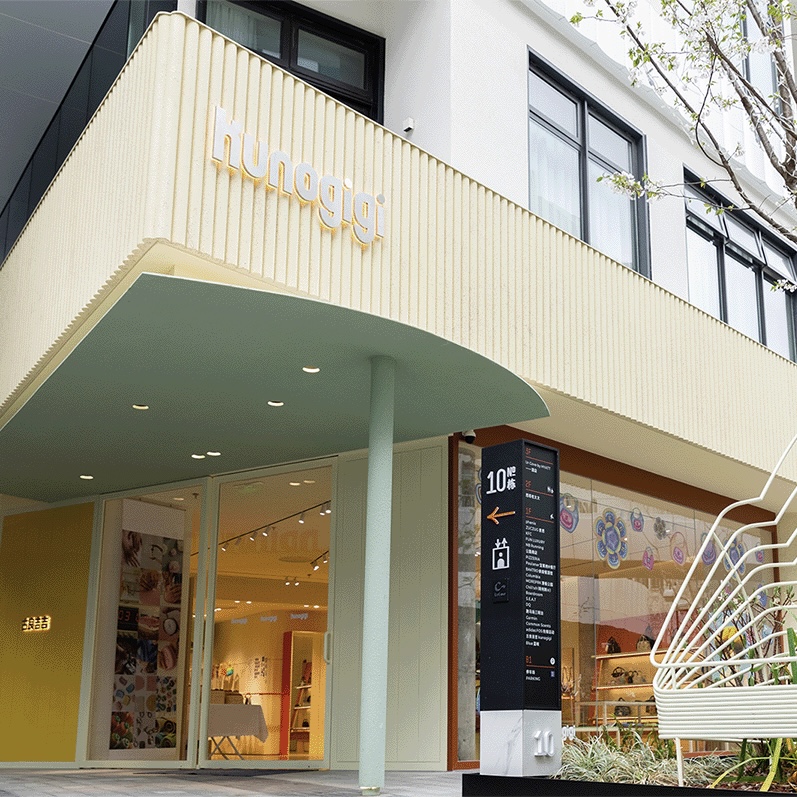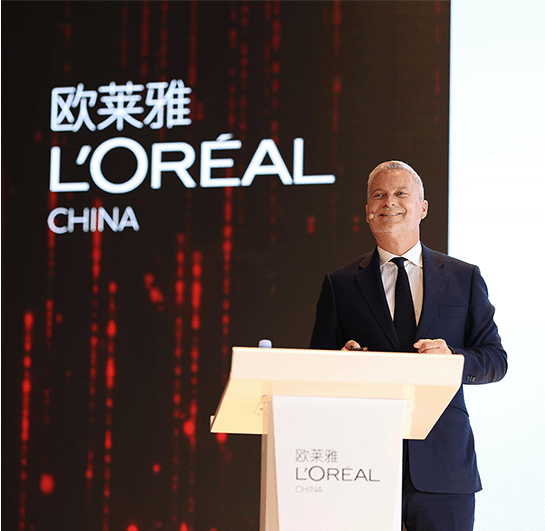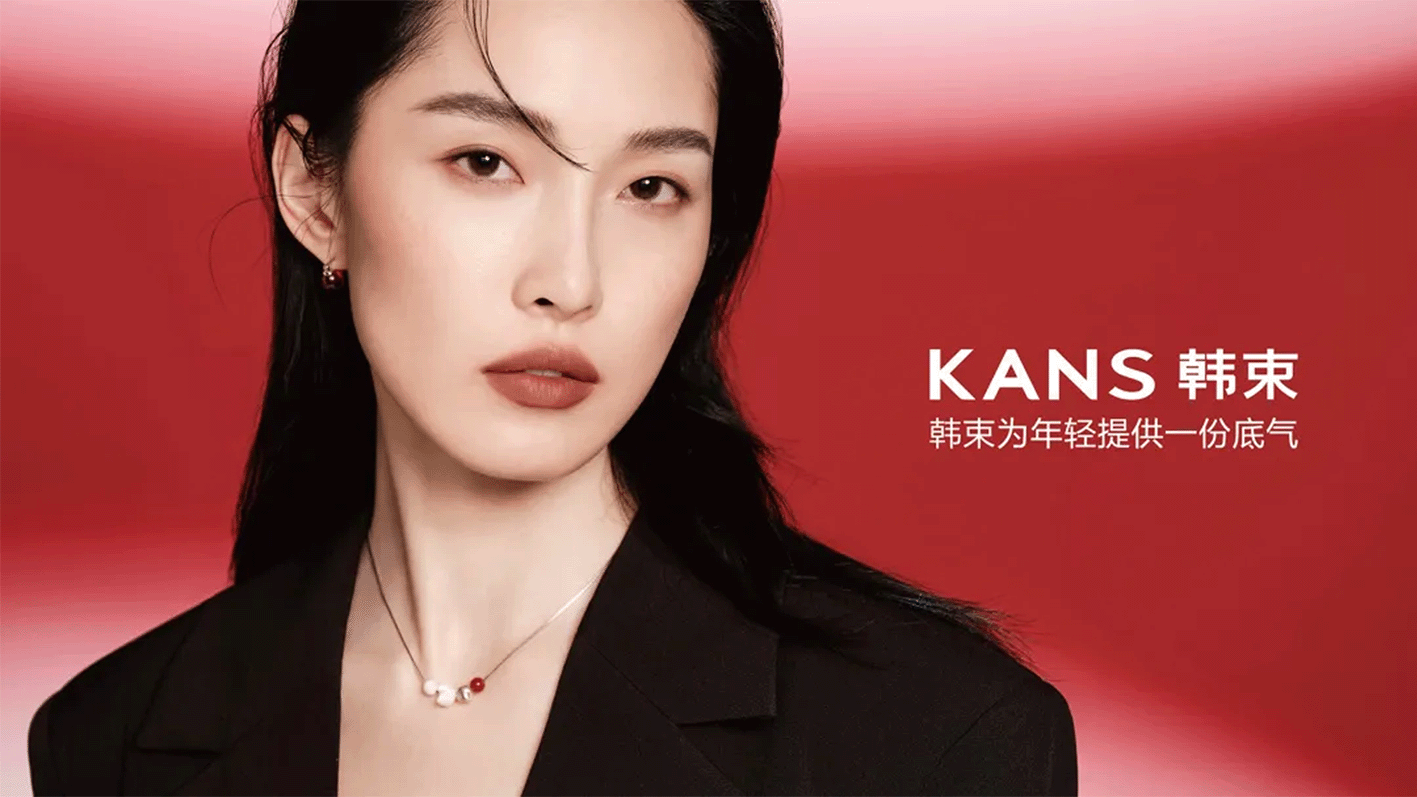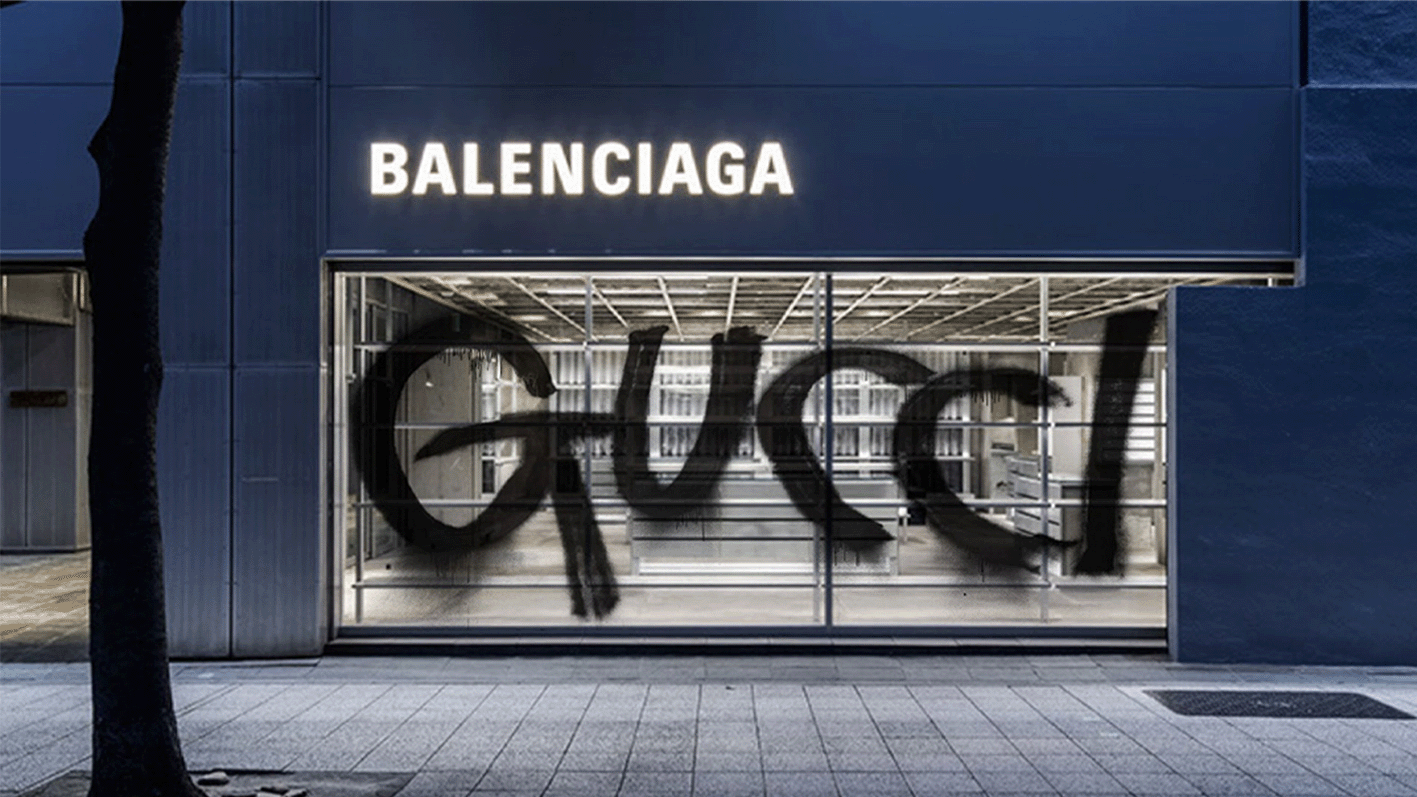- FEATURE
- |
- MERGERS & ACQUISITIONS
- |
- FINANCIAL
- |
- MARKETING
- |
- RETAIL
- |
- ESG-SUSTAINABILITY
- |
- LIFESTYLE
- |
-
MORE


On June 2, Prada announced Chinese director and actress Jia Ling as its latest brand ambassador. “With her consistent high-quality creative output, Jia Ling has become one of China’s most popular actresses,” Prada said.
Prada gets to the point. The word “consistent” aptly describes Jia’s career and public image. This choice marks a shift for Prada, which has previously selected several "inconsistent" brand ambassadors, highlighting the newfound importance of consistency.
The announcement received overwhelmingly positive feedback on social media. After all, Jia is admired for her almost flawless image—slim and vigorous. In this context, the Prada and Jia Ling collaboration is a notable success. However, the story of influencer marketing is more complex.
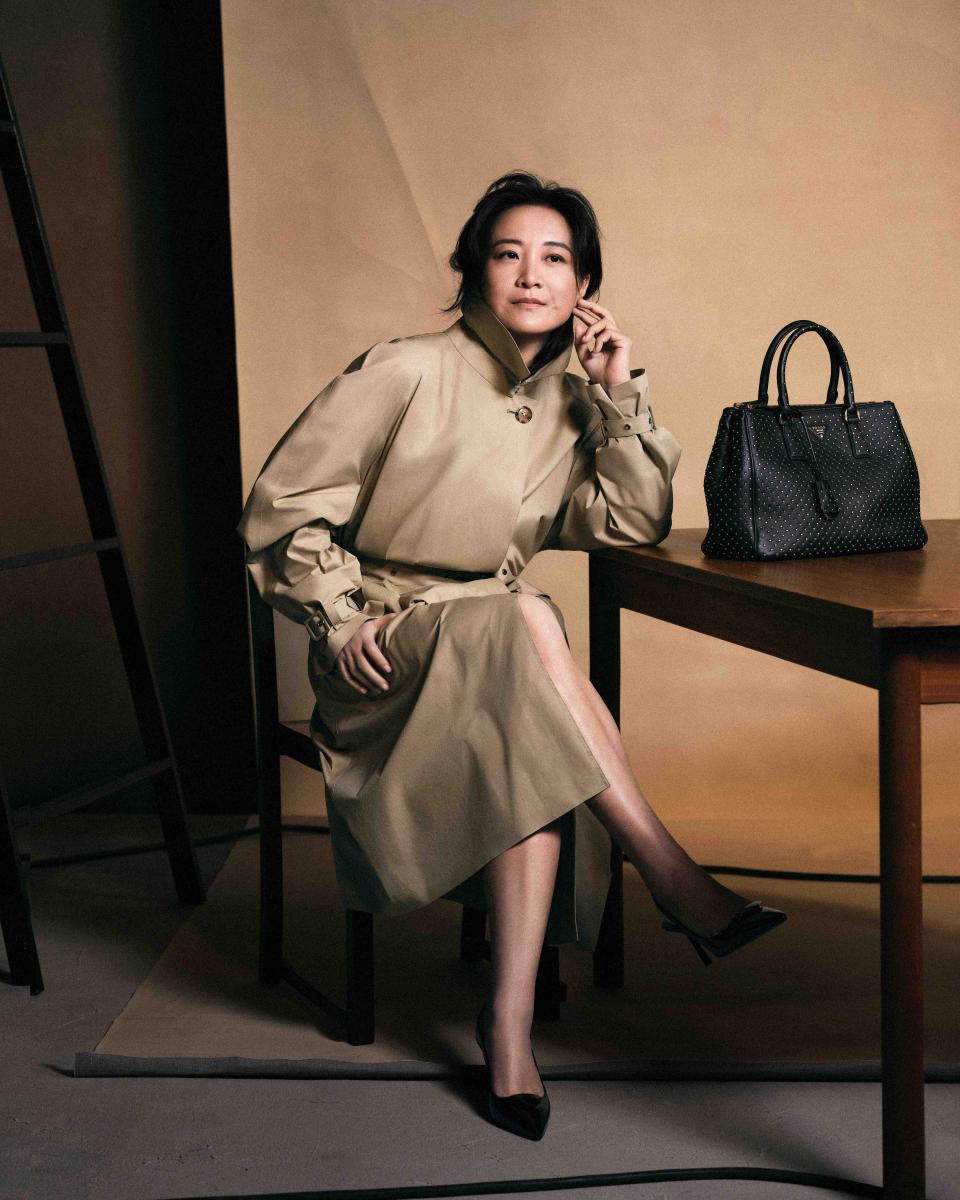
Through Prada's lens, numerous international luxury brands, including Dior, Chopard, Gucci, Rimowa, Versace, Chaumet, and Cartier, have established ties with well-known Chinese personalities, many of whom are even named "Global Brand Ambassadors."
In an era where Key Opinion Leaders (KOLs) dominate influencer marketing and Sales Associates (SAs) aspire to become KOLs, celebrity partnerships remain crucial for conveying brand values, establishing brand image, and driving business returns. Although luxury brands rarely disclose the direct impact of celebrity partnerships in their financial statements, it is widely acknowledged that superstars can influence organizational performance in both local and global markets.
Thus, the phrase "XX has named XX XX," despite its lack of originality, often makes headlines. Industry players must stay attuned to celebrity endorsement strategies and practices.
From a third-party observer's viewpoint, the broader question is: In the age of social media, how can brands and celebrities form partnerships that benefit both sides and achieve win-win success? Can these partnerships ensure consistency between the brand and the celebrity in both perception and commerce?
Currently, luxury brands typically adopt four celebrity endorsement strategies: the big crowd strategy, influencer marketing-oriented strategy, long-term endorsement strategy, and disruptive endorsement strategy.
Big crowd strategy is common among luxury industry titans with diverse business lines and extensive reach.For example, Louis Vuitton (LV) features a wide array of brand ambassadors varying in age, expertise, and cultural background, including senior actresses like Emma Stone, Cate Blanchett, and Léa Seydoux, rising stars like Elaine Zhong Chuxi, Jackson Wang Jia’er, and Zhou Dongyu, and athletes like Paralympian sprinter Timothée Adolphe and rugby player Antoine Dupont, in anticipation of the Paris 2024 Olympics.
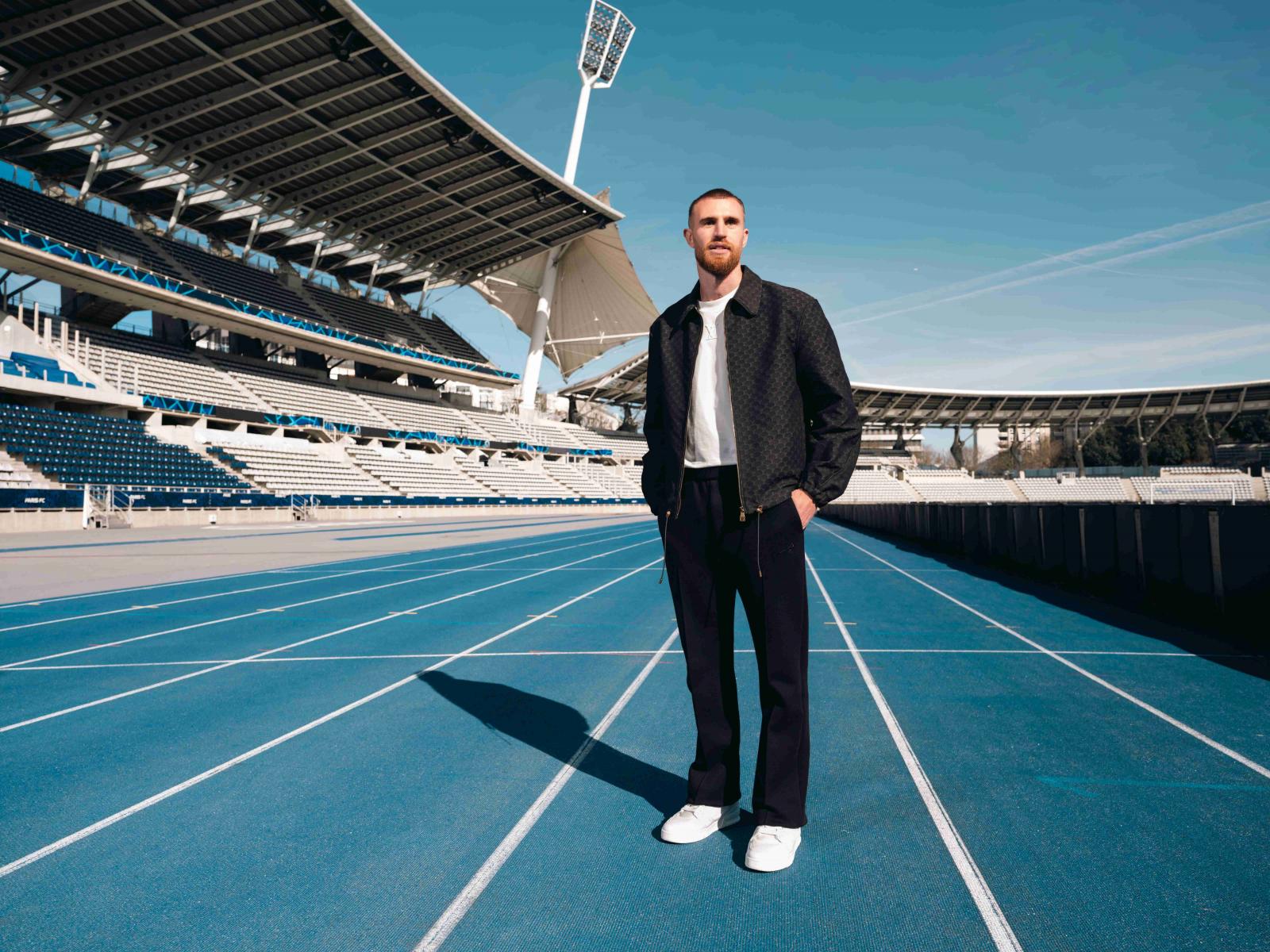
<

